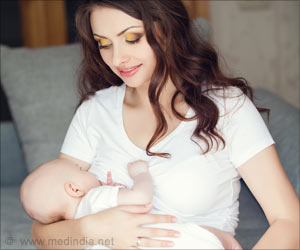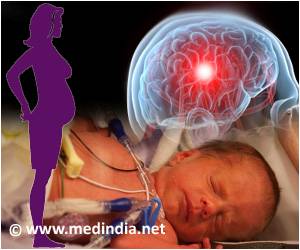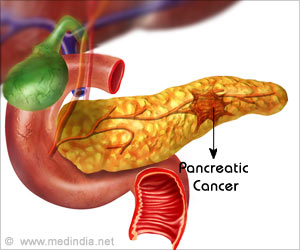Of the 110 women included, 65 had a positive COVID-19 test, while 9 had symptoms but tested negative, and 36 were symptomatic but were not tested.
“Breastmilk is an invaluable source of nutrition to infants. In our study, we found no evidence that breastmilk from mothers infected with COVID-19 contained infectious genetic material and no clinical evidence was found to suggest the infants got infected, which suggests breastfeeding is not likely to be a hazard,” said lead author Dr. Paul Krogstad, a pediatric infectious disease researcher at the David Geffen School of Medicine at UCLA.
Researchers found SARS-CoV-2 genetic material (RNA) in the breastmilk of 7 women (6%) with either confirmed infection or who reported being symptomatic.
A second breastmilk sample taken from these 7 women between one and 97 days later did not contain any SARS-CoV-2 RNA. The authors did not find any SARS-CoV-2 genetic material known as SgRNA, which is an indicator of virus replication, in the 7 breastmilk samples and when culturing other samples.
There was no clinical evidence of infection in the infants who were breastfed by the 7 mothers with SARS-CoV-2 RNA in their milk.
Researchers said that the study may have some limitations. For instance, its low sample size may not capture all the potential factors that predict the presence of SARS-CoV-2 RNA in breastmilk.
However, it is the largest study at this time to analyze breastmilk and provides evidence that breastfeeding from women proven or suspected to have had SARS-CoV-2 infection does not carry risk or lead to COVID-19 infection in their infants.
Source: Medindia



